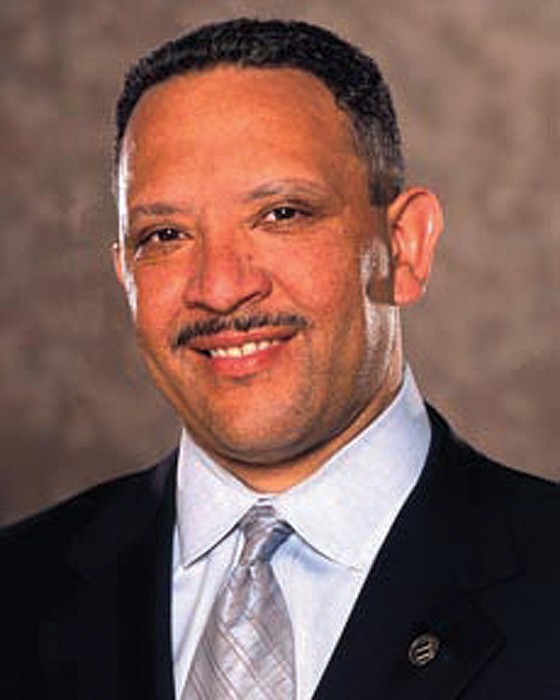Alabama’s defense of racially-gerrymandered districts defies logic, by Marc H. Morial
10/20/2022, 6 p.m.
In its zeal to defend the racially discriminatory congressional districts state legislators created to dilute the political participation of their Black constituents, Alabama is making a mockery of the Constitution.
The solicitor general of Alabama stood before the U.S. Supreme Court and put forth the argument that drawing congressional districts that give Black Americans fair representation would violate a provision of the Constitution intended to give Black Americans fair representation.
Specifically, Alabama contends that the Voting Rights Act, which prohibits racial discrimination in voting, is in violation of the 14th Amendment, which was adopted to prevent racial discrimination under the law.
It’s hard to believe anyone with even a basic understanding of history, much less constitutional law, could voice this fallacy with a straight face. Even worse, some of the justices appear willing to accept it, further dismantling the protections of the Voting Rights Act in the process.
In a pointed series of responses to Alabama Solicitor General Edmund LaCour, newly-invested Justice Ketanji Brown Jackson demolished his absurd claim “that it is unconstitutional to consider race when addressing racial discrimination” as legal commentator Peter Shamshiri wrote, and provided a sorely needed history lesson.
“The entire point of the [14th] Amendment was to secure rights of the freed former slaves,” she said. “The legislator who introduced that amendment said that ‘unless the Constitution should restrain them, those states will all, I fear, keep up this discrimination and crush to death the hated freedmen.’ That’s not a race-neutral or race-blind idea in terms of the remedy.
“When there was a concern that the Civil Rights Act [of 1866] wouldn’t have a constitutional foundation, that’s when the 14th Amendment came into play,” Justice Brown Jackson noted. “It was drafted to give a foundational, a constitutional foundation for a piece of legislation that was designed to make people who had less opportunity and less rights equal to white citizens.”
As states are required to do following each decennial Census, Alabama last year redrew its congressional districts in blatant violation of Section 2 of the Voting Rights Act, which prohibits any standard, practice or procedure that results in a “denial or abridgment of the right of any citizen of the United States to vote on account of race or color.”
Alabama’s map both splits Black communities among two or more districts so they don’t constitute a majority in any of them – a process known as “cracking” – and crams Black voters into one district so they can’t influence the outcome in other districts – a process known as “packing.”
Black Alabamians, who make up 27 percent of the state’s population, wound up with a majority in a single district out of seven, whittling their representation to about 14 percent. A federal court ordered the state in January to redraw the map “to include two districts in which Black voters either comprise a voting-age majority or something quite close to it.”
The Supreme Court in February put the order on hold, allowing elections to proceed according to the gerrymandered districts, and postponing arguments until this week.
NAACP Legal Defense Fund Attorney Deuel Ross, who defended the lower court’s ruling before the Supreme Court, said, “There is nothing race-neutral about Alabama’s map. The district court’s unanimous and thorough intensely local analysis did not err in finding that the Black Belt is a historic and extremely poor community of substantial significance. Yet, Alabama’s map cracks that community and allows white block voting to deny Black voters the opportunity to elect representation responsive to their needs.”
The Supreme Court’s conservative majority includes three of the five justices who struck down Section 5 of the Voting Rights Act in 2013 via Shelby County v. Holder, plus three nominated in the following presidential term. They may not be swayed by Justice Jackson’s eloquent refutation of Alabama’s argument to uphold the lower court’s ruling — although decency and the law dictate that they should — but they may be more likely to overturn it with a narrow ruling that does not completely gut Section 2 of the Voting Rights Act.
The writer is president and CEO of the National Urban League.








